Publishing Archive
The Writer Tax

A new tax reform blueprint offers some sense of where the Administration wants to take tax policy—and what it means for writers.
Beyond Trump’s Wall: Immigrant Literature in Washington, D.C.
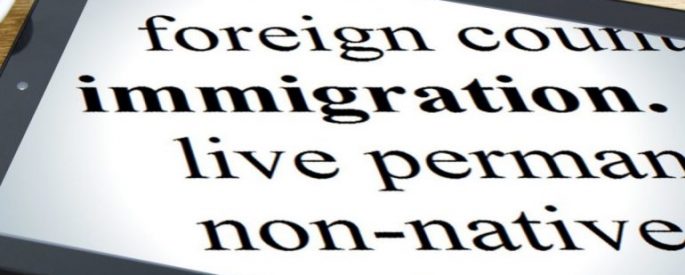
Today, one in seven Washingtonians are immigrants, which has shaped literary trends and artistic output.
The Inaccessibility of Books—A Persistent Problem
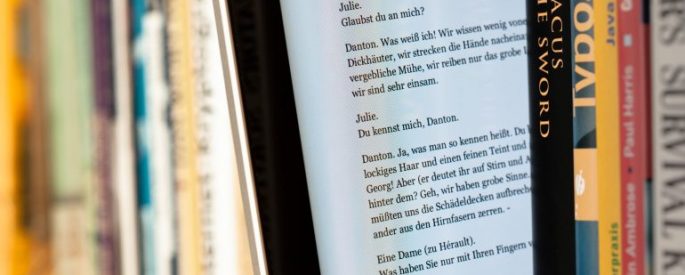
Imagine being cut off from more than ninety percent of the world’s printed material. According to the non-profit World Blind Union, that's the case for people with visual impairments. But there are plenty of things that can be done to make books more accessible to those with visual and
The New Ethics for Writers of Color in A Post-Truth Era
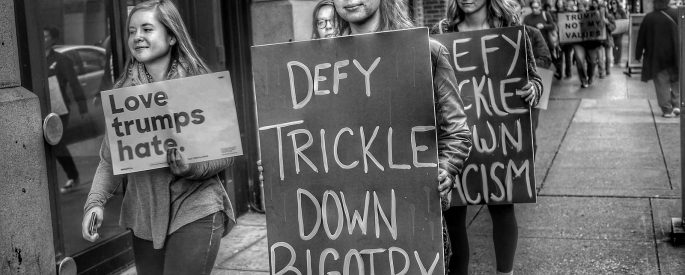
My creative writing students want to talk about the business of literature. They want to talk cover letters, agents, MFA programs, fellowships.
Earing the Clink of Chisels: An Imperfect Love Letter to Reading Literary Magazines
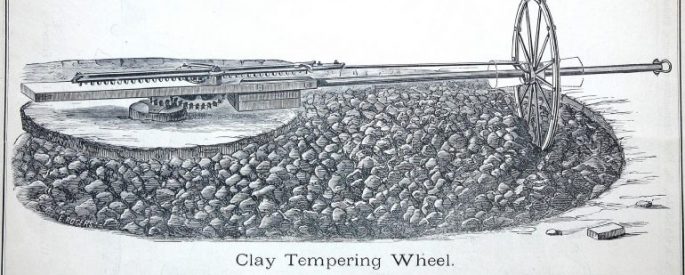
Every time I pause in front of a stack of lit mags at my house, I find myself flipping through one for a morsel. Gimme something good. I find myself re-reading things I’ve already read and feeling surprised by them again and again, as if the magazine keeps
Writers Descend on Washington, Promptly Resist
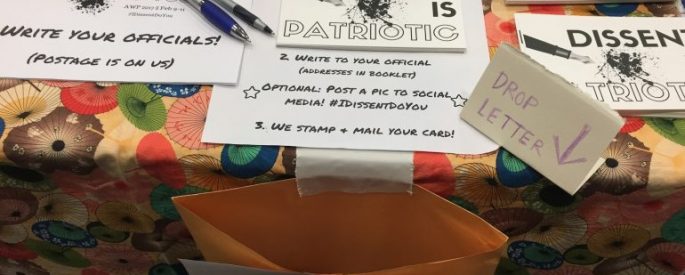
The literary community descended on Washington, DC last week for the Association of Writers & Writing Programs’ annual conference, and participants seized the opportunity to register their dissent with the current administration.
Why the MFA System Should Be Used to Subvert Cuts to the NEA
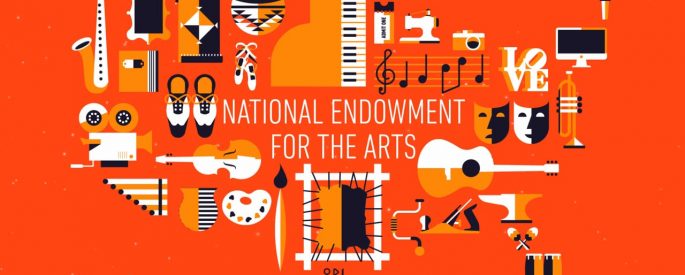
The scariest part of the proposed cuts to the National Endowment for the Arts and the National Endowment for the Humanities is that people seem to have accepted them already.
The Independent Publishing Resource Center
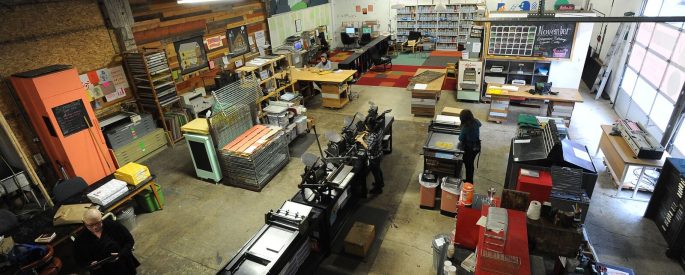
O’Malley is the Executive Director for the Independent Publishing Resource Center, a nonprofit arts organization in Portland, which she describes as a launchpad for artists, writers, and makers. One program that stands out is the IPRC Certificate Program, a yearlong study in creative writing, with four tracks, including prose, poetry, image and
Stories are Never Neutral: Disability, Representation, and Autonomous Press
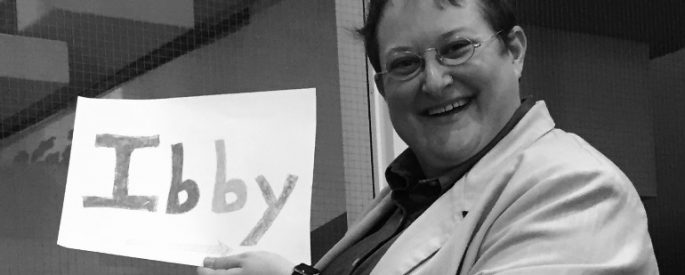
From childhood, we’re taught to see ourselves as others see us. We learn to synthesize “Head, shoulders, knees and toes” into a whole through a complex process of self-identification. We see who and what we’re taught to see, a looping phenomena that means we’re literally made up of story.
Poetry as Dialogue: Some Thoughts on Chapbooks
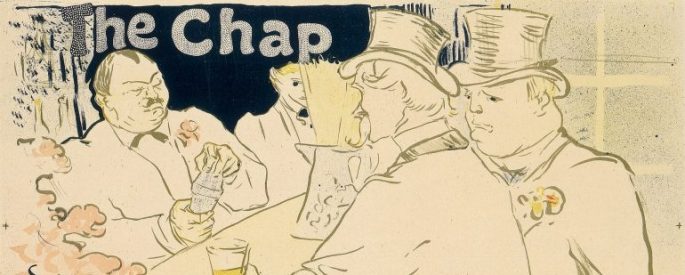
There's never been a better time for poetry chapbooks, with hundreds of presses publishing excellent, innovative examples each year. This proliferation invites a closer look into the chapbook's history as a medium for more direct engagement and dialogue between writers and readers.